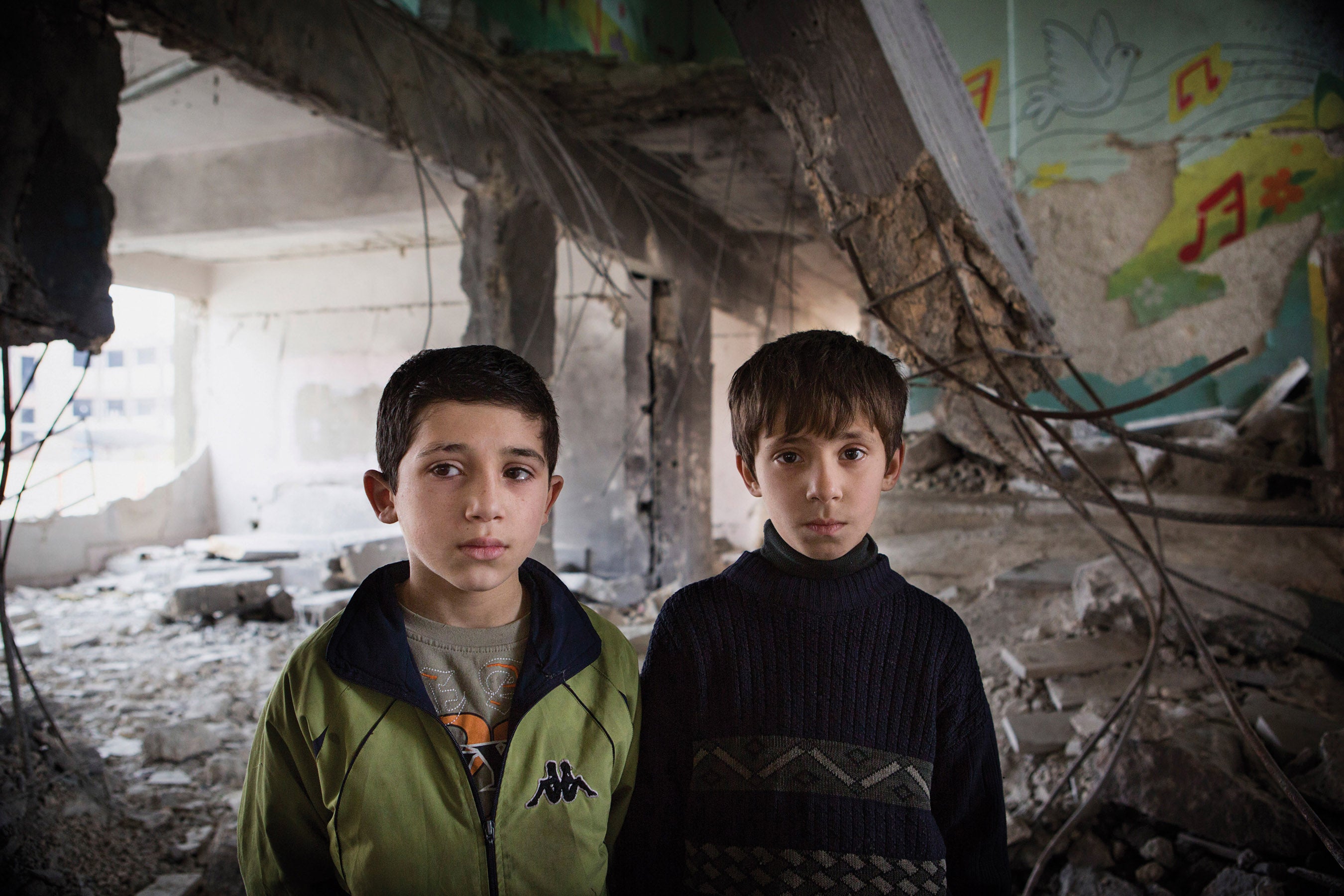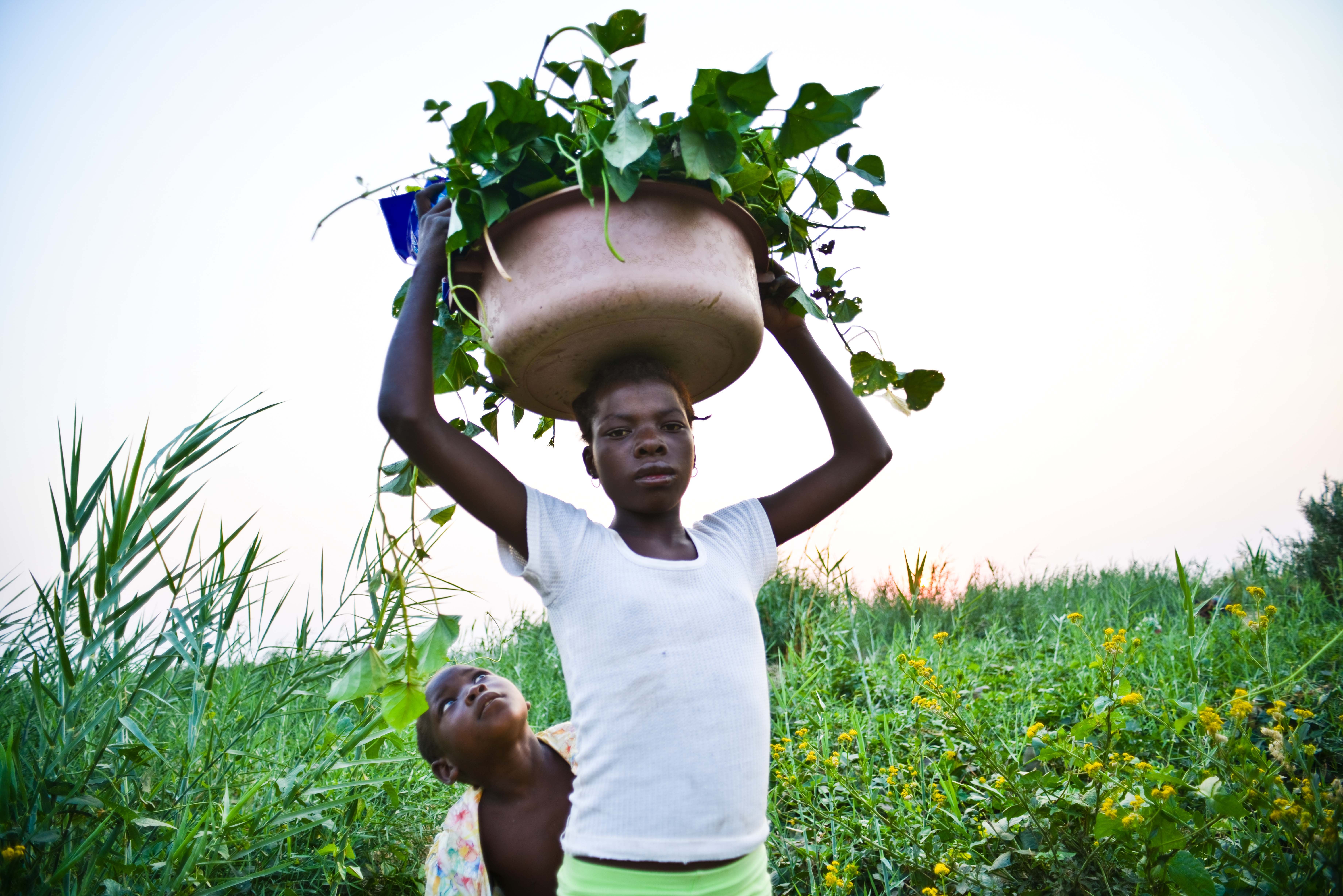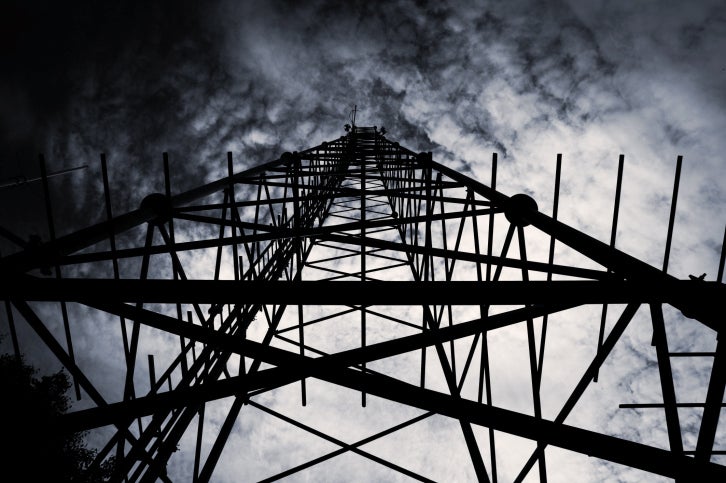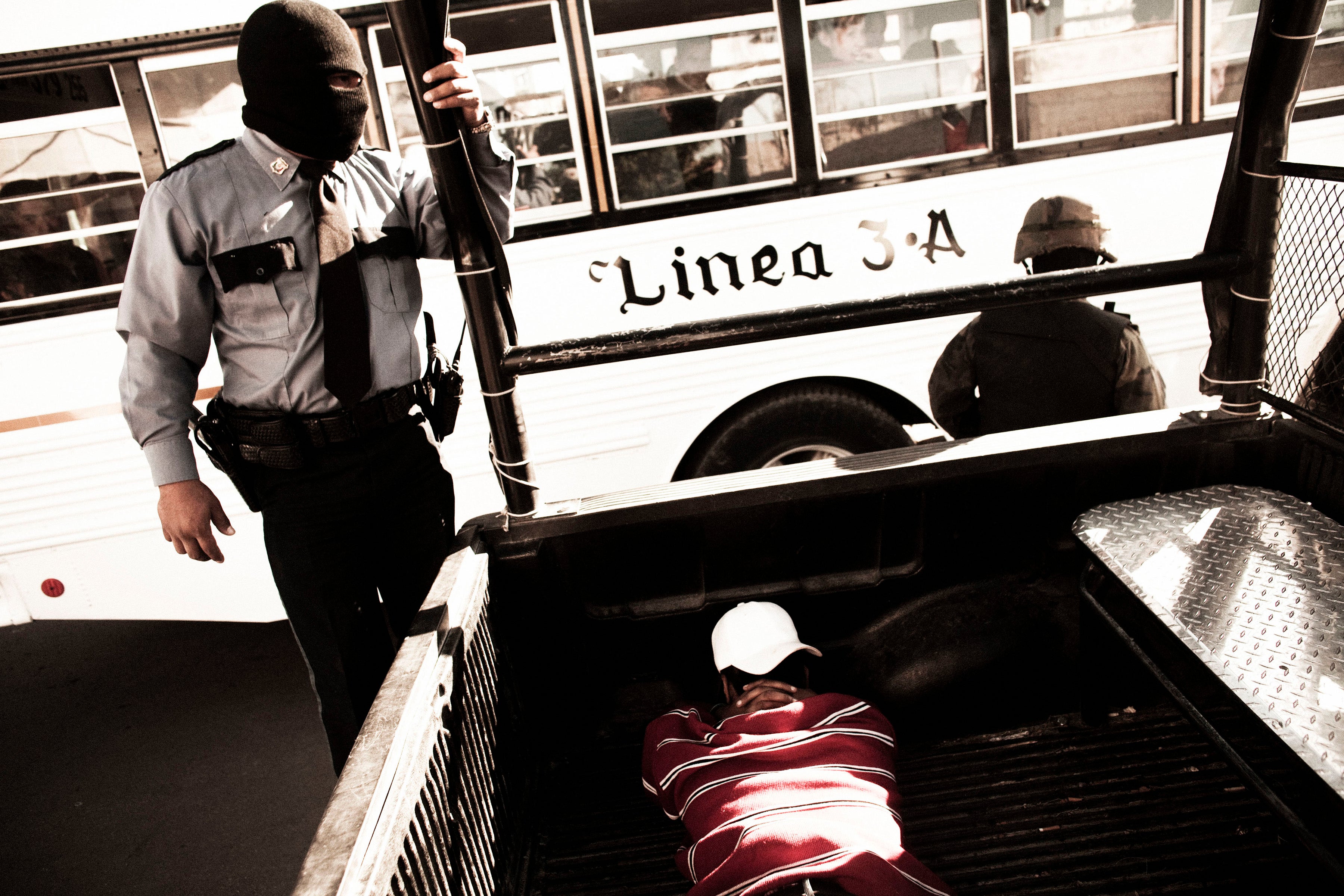Election delays, natural disasters, and the persistence of a deadly cholera epidemic continue to hinder the Haitian government’s efforts to meet the basic needs of its people and address long-standing human rights problems, such as violence against women and inhumane prison conditions.
Postponement of national and local elections originally scheduled for 2011 continued to foster political uncertainty and undermine the right to political participation. As of October, one-third of Senate seats remained vacant and the fate of another third was uncertain due to conflicting interpretations of a 2008 electoral law. At the local level, terms for elected posts in 129 of the country’s 140 municipalities also expired in 2011. The administration of President Michel Martelly filled these posts with political appointees in 2012. With prompting by the United Nations and other international actors, Martelly convoked a special session of Parliament on November 22 to consider a draft electoral law for regulating the overdue elections. At time of writing, the session had not met.
A wave of anti-government protests beginning in October led to confrontations between protestors and Martelly supporters, which raised concerns about the resurgence of political violence in the country.
As of June 2013, 280,000 internally displaced persons (IDPs) were living in camps established in the aftermath of the 2010 earthquake, according to the UN. The International Organization for Migration estimated that of 71,000 displaced households, 57,000 have no prospect of IDP sites, while at least 21,000 could face eviction. Nearly 1,200 households were evicted between January and June, often with the involvement of the police or other government entities.
The three-year-old cholera epidemic continues to claim lives, with an estimated 8,500 people killed and 694,000 infected since October 2010. Damage caused by Hurricane Sandy in October 2012 and droughts affected harvests, contributing to high levels of food insecurity.
Deficiencies in the Criminal Justice System and Detention Conditions
Haiti’s prison system remains severely overcrowded, in large part due to high numbers of arbitrary arrests and prolonged pretrial detentions. Public health efforts by the government and the UN Stabilization Mission in Haiti (MINUSTAH) reduced the rate of inmate deaths in the first half of the year, which had spiked in 2012.
The weak capacity of the Haitian National Police (HNP) contributes to overall insecurity in the country. While the government and MINUSTAH have made reforming the police a priority, there have been difficulties training sufficient numbers of entry-level cadets. Oversight and accountability within the HNP remain weak, and investigations made by the Inspectorate General of the police into human rights abuses by police made little progress.
Accountability for Past Abuses
Former President Jean-Claude Duvalier returned to Haiti in January 2011 after nearly 25 years in exile. He was charged with financial and human rights crimes allegedly committed during his 15-year tenure as president. From 1971 to 1986, Duvalier commanded a network of security forces that committed serious human rights violations, including arbitrary detentions, torture, disappearances, summary executions, and forced exile.
In 2012, the investigating judge in the case found, contrary to international standards, that the statute of limitations prevented prosecuting Duvalier for his human rights crimes. An appellate court heard testimony in a challenge to the ruling over several months beginning in February. Duvalier appeared in court on February 28 and answered questions posed by the court and victims’ attorneys. At time of writing, the court had not issued its ruling.
Violence against Women
Gender-based violence is a widespread problem. Draft revisions to Haiti’s criminal code, which at time of writing were awaiting approval of the Council of Ministers before introduction to Parliament, include acts of gender-based violence, such as rape and sexual assault, not currently in the code.
Women seeking accountability for sexual violence crimes encounter multiple obstacles, including reproach by members of the public or threats. In one high-profile case, a woman pressed charges against a former justice minister, claiming he had raped her in 2012. She subsequently reported receiving multiple death threats, which led her to withdraw her criminal complaint.
Violence Based on Sexual Orientation and Gender Identity
Public statements by religious leaders in June led to a spate of protests and violence targeting lesbian, gay, bisexual, transgender, and intersex (LGBTI) people. The Haitian nongovernmental organization SEROvie documented 47 cases violence targeting LGBTI persons between July 17 and 24, including attacks with knives, machetes, cement blocks, rocks, and sticks. At least three victims were hospitalized. On July 21, the Haitian government issued a statement condemning homophobic violence. Investigations into crimes against LGBTI persons rarely progress, however, and police and justice officials lack training on issues related to sexual orientation and gender identity.
Children’s Domestic Labor
Use of child domestic workers—known as restavèks—continues. Restavèks, the majority of whom are girls, are sent from low-income households to live with wealthier families in the hope that they will be schooled and cared for in exchange for performing light chores. Though difficult to calculate, some estimates suggest that 225,00 children work as restavèks. These children are often unpaid, denied education, and physically or sexually abused. Haiti’s labor code does not set a minimum age for work in domestic services, though the minimum age for work in industrial, agricultural and commercial enterprises is set at 15.
Human Rights Defenders
Human rights defenders face threats of violence. Patrick Florvilus, a pro bono lawyer, reported receiving death threats since representing two men injured (one later died) during a police intervention in an IDP camp in April. In August, the court in Port-au-Prince summoned Florvilus in connection with a criminal arson case against him, which he alleged is frivolous and meant to intimidate him.
The Inter-American Commission on Human Rights issued precautionary measures in October 2012 for human rights lawyer Mario Joseph and considered measures for two other lawyers, André Michel and Newton Saint Juste. On October 22, 2013, police detained Michel, who has filed corruption charges against members of Martelly’s family. The following morning his supporters stormed the Port-au-Prince courthouse where he was due to appear, freed him, and brought him to the offices of the powerful Port-au-Prince Bar Association. The attempted arrest sparked a lawyers’ strike preventing courts in the capital from functioning.
In August,unknown gunmen shot into the home of Malya Villard Apollon, co-director of the Commission of Women Victims for Victims (KOFAVIV). In September and October, unknown assailants harassed and threatened activists working at KOFAVIV, and poisoned Apollon’s two dogs. In November, three armed men attacked the offices of the LGBTI organization Kouraj, assaulted two of its members, and stole computers and files containing confidential information about people in the group. The incident followed months of anonymous threats instructing organization leaders to cease advocacy on behalf of LGBTI persons.
Key International Actors
The UN mission, MINUSTAH, has been in Haiti since 2004 and has contributed to efforts to improve public security, protect vulnerable groups, and strengthen the country’s democratic institutions.
In October 2010, allegations surfaced that a contingent of UN peacekeepers was the source of the cholera epidemic. A 2011 UN independent investigation found that the outbreak was caused by a South Asian strain of the cholera bacteria, but stopped short of identifying peacekeepers as the source. However, in July 2013, scientists from the UN panel stated that evidence presented by numerous scientific studies now supported the conclusion that MINUSTAH soldiers most likely had introduced the strain.
The Ministry of Public Health and Population continues to document hundreds of cases of the illness weekly, resulting in dozens of deaths monthly: in August, it reported that cholera had killed 8,173 people and infected 664,282 since October 2010, with 258 deaths and 28,800 infections in the first half of 2013. The UN reports the number of humanitarian organizations participating in the cholera response, as well as medical stocks needed to treat projected cases, has fallen significantly since 2012.
In October 2013, UN High Commissioner for Human Rights Navi Pillay publicly stated that cholera victims should be provided compensation, although she did not specify who should be responsible for funding the reparation. Also in October, the Institute for Justice and Democracy in Haiti and the Bureau des Avocats Internationaux filed a class-action law suit against the UN in a US federal court in New York. The claim calls for the UN to pay US$2.2 billion for a cholera eradication program and an unspecified amount in damages for 679,000 individual victims. At time of writing, plaintiffs had not affected service of notice of the complaint on the UN; therefore the UN had not responded to the claim in court.
The Institute for Justice and Democracy in Haiti and the Bureau des Avocats Internationaux filed a claim directly with the UN in November 2011 on behalf of 5,000 cholera victims, alleging that MINUSTAH was the proximate cause of their illness. The claim sought the installation of a national water and sanitation system, financial compensation for individual victims, and a public apology from the UN. In February 2013, the UN informed the victims by letter that the claims were not “receivable,” citing the Convention on the Privileges and Immunities of the UN.
According to UN figures, at least 81 allegations of sexual abuse or exploitation have been made against MINUSTAH personnel in the last six years, including 16 in 2013, as of mid-November.
The UN Security Council extended MINUSTAH's mandate through October 15, 2014.




